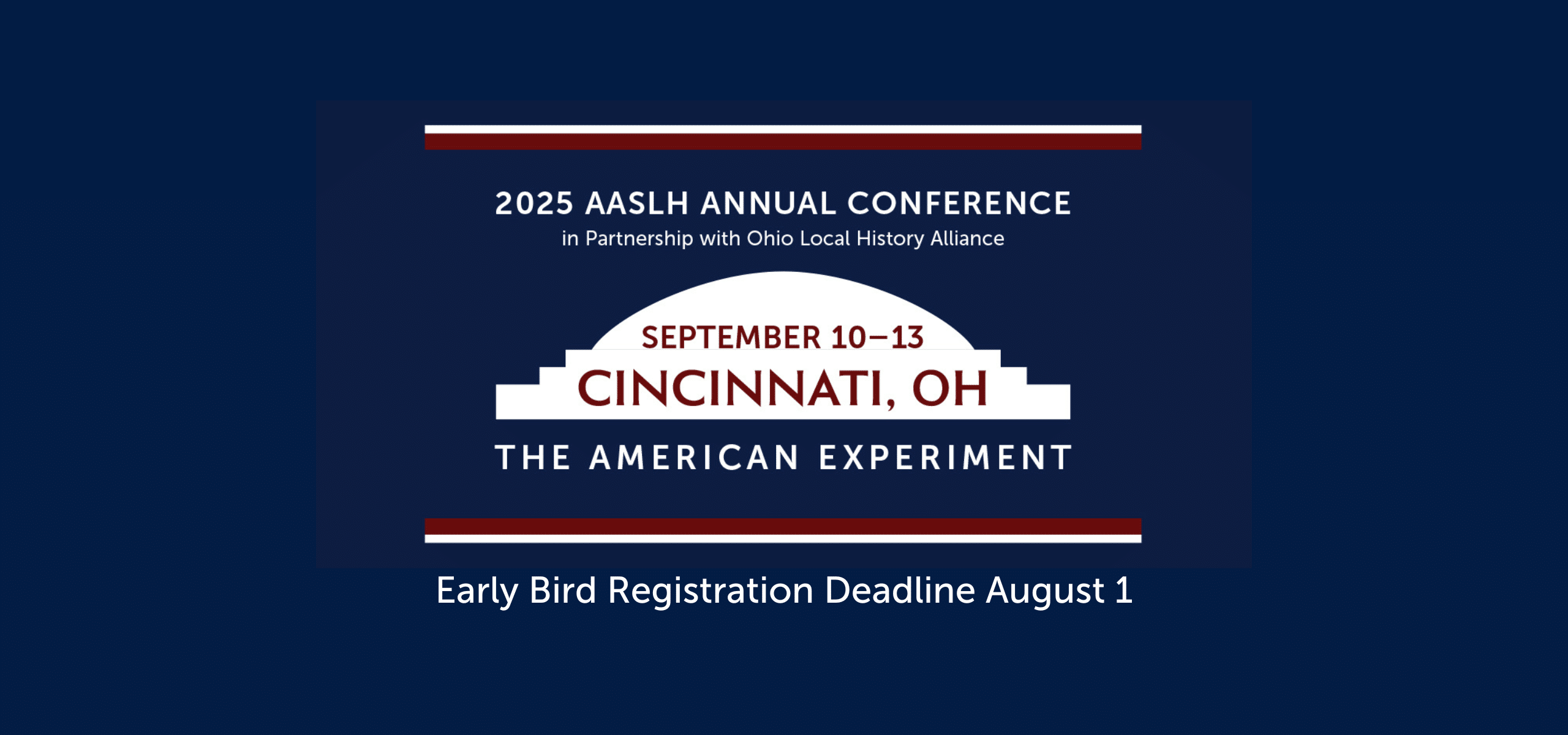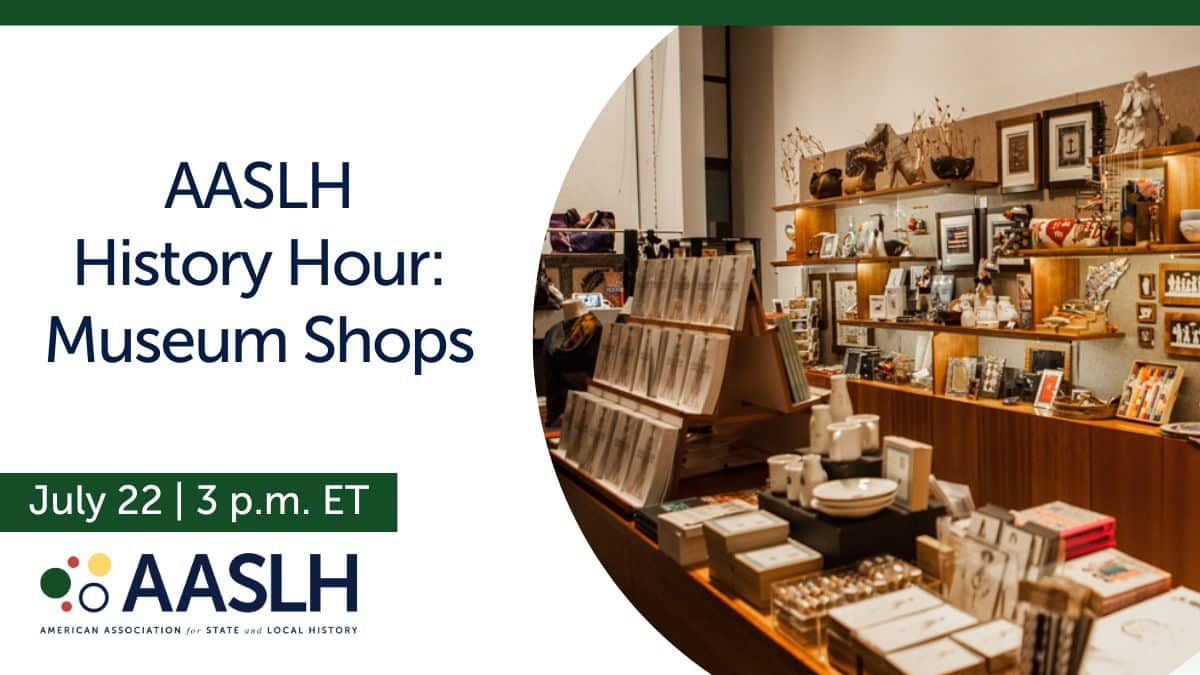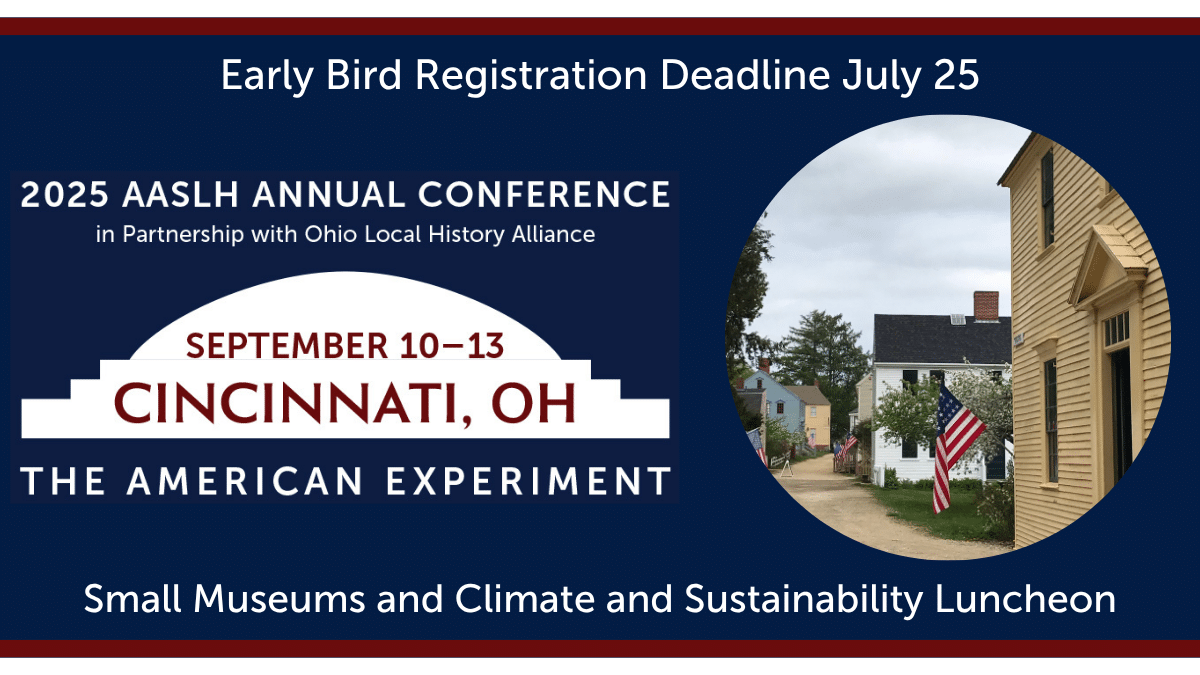To begin, THANK YOU to all the students who, through unpaid internships, have worked countless hours in large and small museums.
As we strive to honor our missions, care for our collections and provide meaningful experiences for our audiences, interns can provide invaluable support.
With this in mind, here are some tips to make sure your intern program helps you, your museum and your interns.
- Interns aren’t just providing free labor. Supervising them is a two-way commitment. Their work helps you while they learn the ropes.
- Interview potential interns to ensure that they’re a good fit. What experience does this person have? What do they hope to gain from their experience with you?
- Create a job description to guide your intern. Set hours and expectations. It’s important that both of you agree on what you want and hope to accomplish.
- Document the time contributed by your interns. Share their accomplishments with your board of directors. (It may even help you get support for a much-needed new position down the road.)
- Be available. Provide feedback as your projects progress. Most likely, this experience is part of their education. Give them opportunities to work independently and to take ownership of their project.
- Let interns be an integral part of your team. Listen to them. Their input, ideas and questions may provide an overlooked perspective.
- Interns want to gain job experience and probably course credit at the same time. Make sure you complete any necessary evaluations or other paperwork for their professors in a timely and professional manner.
- Develop relationships with your local colleges and universities. Potential interns can come from many disciplines, including art, history, communications or business.
Remember: your interns are future museum professionals. Their experience with you should expose them to varied aspects of museum work as they learn to refine their interests and skills. Since prospective interns probably have many options, it’s up to you to develop an appealing museum environment, a place where everyone learns and benefits.
Deborah Baker is the Curator of Collections at the Edmond Historical Society & Museum in Edmond, Oklahoma. Deborah has a background in archive and photograph conservation as well as collections care in large and small museums alike, though she prefers the challenges and variety that comes with the territory in small museums.



